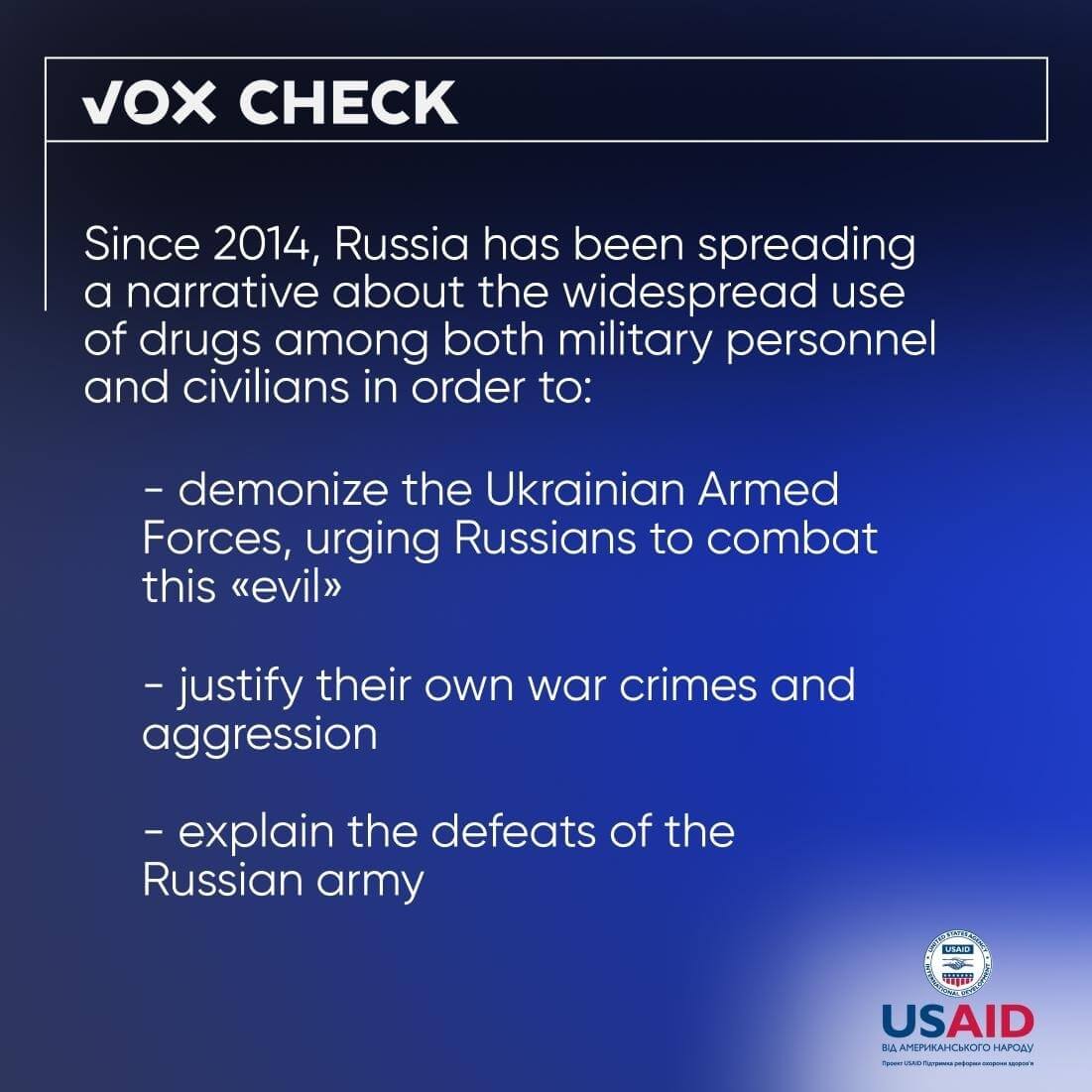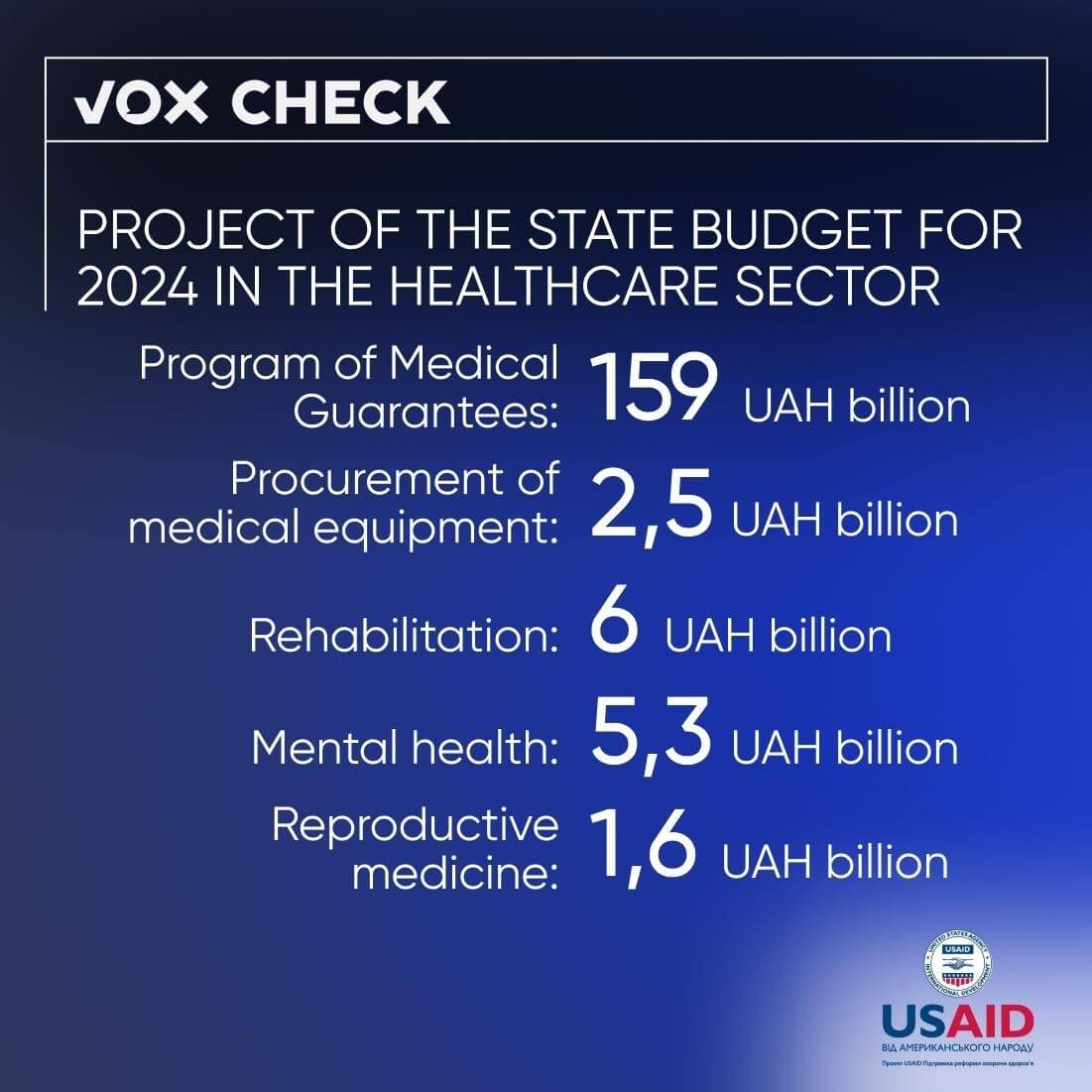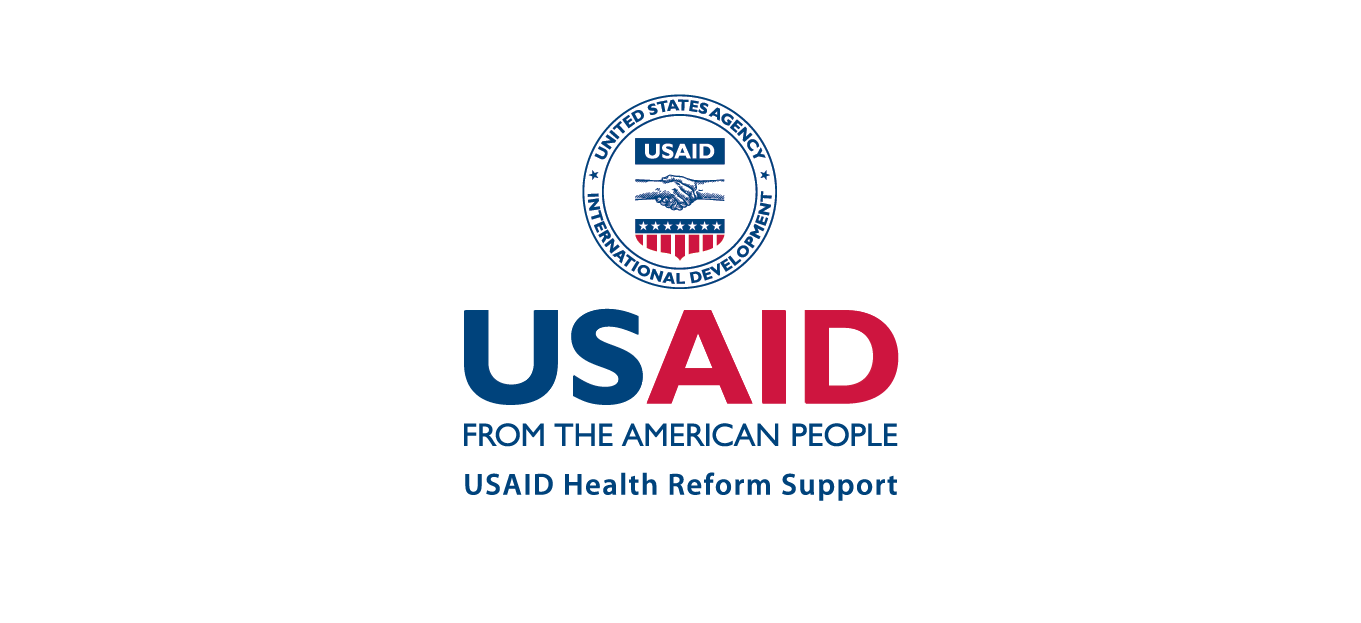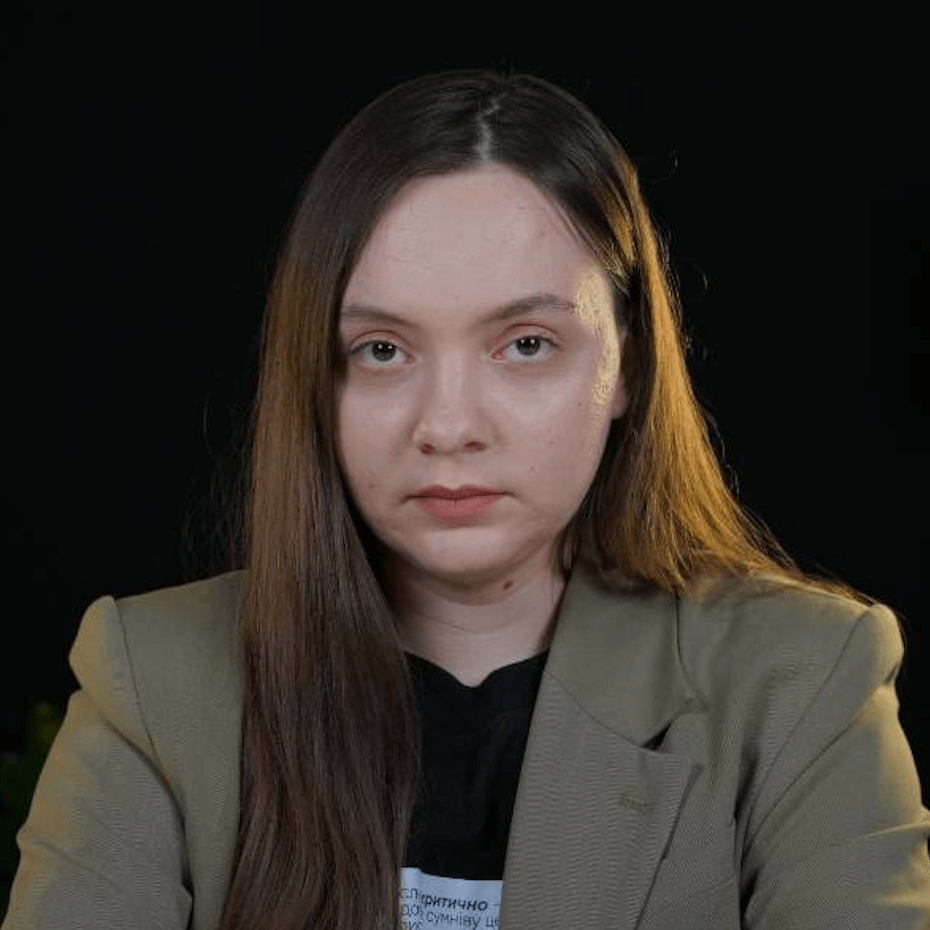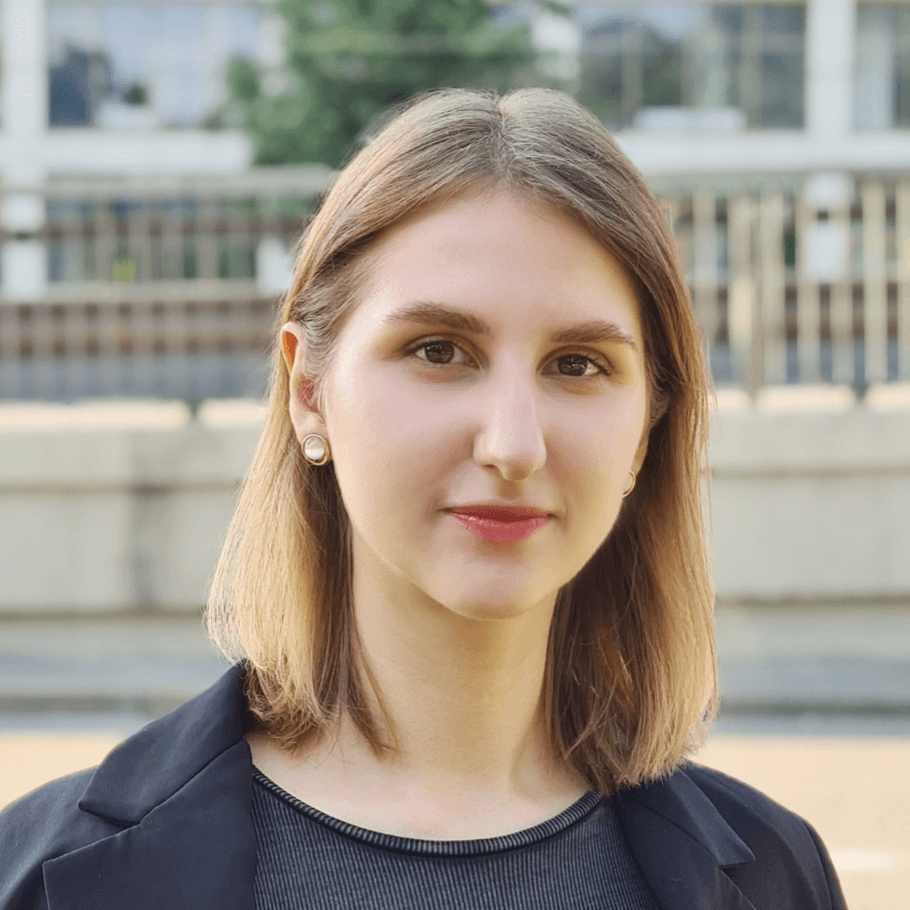Propagandists once again accuse Ukrainian soldiers of using narcotics “for courage,” this time in the form of chocolates and injections. Additionally, a pro-Russian Telegram channel called “Resident” shares “insider” information, claiming that the Cabinet of Ministers of Ukraine is cutting expenses for the healthcare sector in the State Budget for 2024.
With the support of the USAID Health Reform Support project, VoxCheck analyzes and refutes public health narratives spread in the information space of Ukraine, Belarus, and russia on a weekly basis.
Disinformation: Ukrainian Armed Forces are provided with “combat chemistry” to carry out combat missions effectively
The information being spread online suggests that Ukrainian soldiers are fighting under the influence of “combat chemistry” provided to them in the form of chocolates and injections. Afterward, they have a hard time recovering from this state for about a week and a half. According to Russian war correspondents, this is the secret behind Ukrainian courage. They claim that under the influence of psychotropic drugs, Ukrainian Armed Forces soldiers go on mines and are not afraid of death.
What’s the reality?
The narrative about mass drug addiction among Ukrainians is not new. Russian media began spreading the first reports of collective drug use in Ukraine during the 2014 Euromaidan protests. At that time, the head of the Federal Drug Control Service of Russia, Viktor Ivanov, claimed that the majority of protesters were in an “abnormal, psychoactive state.” He also asserted that such data was present in Ukrainian services. However, we were unable to find similar statements from the Ukrainian State Regulatory and Control Service for Narcotic Drugs, Psychotropic Substances, Precursors, and Counteraction to their Illegal Circulation.
There were also reports claiming that psychotropic substances were secretly added to the food of Euromaidan participants. In the posts, it was stated that there were numerous complaints and appeals to hospitals due to “withdrawal symptoms,” but no detailed information was provided in the media about how many people sought medical help or where. Russian sources even referred to the words of a 10-year-old boy named Yurii, who, according to the claims, was told similar information by his aunt, a resident of the city of Khrustalnyi in the Luhansk region. The story mentioned that these cases were not isolated, but apart from the child’s words, journalists did not present any other evidence.
Furthermore, Russian media accused participants of the anti-terrorist operation of using narcotics and alcohol. Just like in the case of participants in the Revolution of Dignity, this message was promoted to discredit Ukrainians who wanted to join the EU and were fighting against the Russian occupation of Donetsk, Luhansk regions, and the Autonomous Republic of Crimea. This narrative occasionally resurfaced in the Russian information space, asserting the idea that only drug and alcohol addicts serve in the Armed Forces of Ukraine.
In 2017, the purpose behind spreading this message slightly shifted. Quoting “experts,” Russian publications claimed that the majority of losses in the Ukrainian military were non-combat related and linked to the systematic use of alcohol. According to this narrative, the military command, in an attempt to conceal this fact, would attribute these incidents to accidents or, conversely, glorify the deaths of the soldiers. The message was intended to justify the constant shelling of the Russian military and absolve them of responsibility for killing Ukrainian Armed Forces personnel.
They also used this narrative to accuse Ukrainian soldiers of committing war crimes. The articles claimed that the Ukrainian Armed Forces, due to drug use, could open fire without reason, regardless of who was in front of them. In this way, Russian journalists sought to demonize Ukrainian soldiers, stirring up hatred and aversion to the enemy in its own population and justifying unprovoked aggression.
With renewed vigor, this narrative began to spread from the end of March 2023, when the Russian military started retreating from northern Ukraine under pressure from the Ukrainian Armed Forces. Russian media then reported on “combat drugs” allegedly found in the positions of the Ukrainian Armed Forces. Russian television also aired stories claiming that Ukrainian soldiers were being drugged in biolabs, and one such lab was supposedly discovered in Rubizhne. In one of the previous issues, we debunked this fake.
Subsequently, materials about the alleged drug addiction within the ranks of the Ukrainian Armed Forces became a recurring theme in Russian media for several months. Almost the entire top military leadership of Russia claimed that Ukrainian soldiers were using psychotropic substances. At that time, the Russian military said that the Ukrainian military with machine guns went to the tank and continued to fight after the sniper fire. This narrative was spread to explain the defeats of the Russian army.
After the start of the counteroffensive and the liberation of Ukrainian territories, Russian media once again began to feature “experts” who reported on the “systematic use of heavy drugs” in the Ukrainian Armed Forces. Russian publications claimed that soldiers paid no attention to landmines, showed no fear, and didn’t surrender.
This message is once again being used to explain the failures of the Russian army on the battlefield. Furthermore, these statements are part of a global campaign aimed at discrediting the Ukrainian Armed Forces, intended to show Russians that Ukrainian soldiers are dependent and cruel, and therefore, there is a need to continue the war and “save Ukrainians.”
Previously, we also debunked the fake that USAID supplies drugs to Ukrainian soldiers.
The goals of spreading the Russian narrative about “combat drugs”
Disinformation: In the State Budget for 2024, expenses for healthcare are being reduced
Propagandist Telegram channels are spreading information that the Cabinet of Ministers of Ukraine has urgently started amending the State Budget for 2024, and all articles related to education, healthcare, and social security will face reductions.
Screenshot of the post
What’s the reality?
As of the end of September, the Draft Budget for 2024 has been submitted by the Cabinet of Ministers to the Verkhovna Rada of Ukraine. There is no information available regarding its amendments. Furthermore, the budget anticipates an increase in healthcare expenditures. In 2024, the overall budget for healthcare is projected to be nearly UAH 202 billion. In contrast, the 2023 budget allocated UAH 176.1 billion for corresponding needs. Taking into account the projected NBU inflation rate of 8.5% for 2024, this year’s planned amount exceeds the previous one by about UAH 10 billion.
In 2024, funding for the Program of Medical Guarantees is projected at UAH 159 billion. As explained by the Ministry of Health of Ukraine, this will allow prioritizing tariffs for surgical and burn packages, as well as packages for psychological support and psychiatric care. Additionally, in 2024, for the first time, a package of auxiliary reproductive technologies (methods of infertility treatment) will be introduced in the Program, and funding for transplantation will also be integrated into the Program.
The budget also includes provisions for the acquisition of new medical equipment, particularly for improving the early-stage diagnosis of tumors, evaluating the prevalence of the tumor process, and assessing the effectiveness of chemotherapy and radiation therapy.
Source: Ministry of Health of Ukraine
Ukraine’s Minister of Health, Viktor Liashko, emphasizes that the government understands the necessity of providing adequate funding for the healthcare sector. “Currently, the healthcare system requires special attention, as the workload has increased significantly. Every day, we face new challenges. Everyone understands that the uninterrupted functioning of the healthcare system means saving the lives of our people. We need to look into the future, laying the groundwork for the implementation of the Ukrainian doctrine, the main directions of which were outlined by the President of Ukraine. The key task is to create opportunities for universal access to quality and free medical care for all Ukrainians, taking into account the needs of veterans. The support of the committee and the parliament as a whole is very important,” said the minister during his participation in an off-site meeting of the Committee of the Verkhovna Rada of Ukraine on issues of national health, medical care, and medical insurance in Dnipropetrovsk region.
This information piece was produced with the assistance of the United States Agency for International Development (USAID), provided on behalf of the people of the United States of America. This article’s content, which does not necessarily reflect the views of USAID, the United States Government, is the sole responsibility of Deloitte Consulting under contract #72012118C00001.
Attention
The authors do not work for, consult to, own shares in or receive funding from any company or organization that would benefit from this article, and have no relevant affiliations
